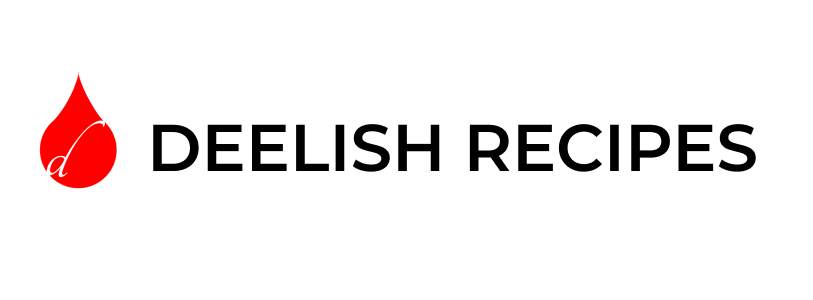Meat Madness: Which Cuts Come Out on Top for Health and Nutrition?
The nutritional value and healthfulness of meat products can vary widely depending on factors such as the animal's diet, how it was raised, and how the meat was processed and prepared. However, here are some general points about the nutritional value and healthfulness of the meats you listed:
Beef: Beef is a good source of protein, iron, and vitamin B12, but can be high in saturated fat. Choosing lean cuts of beef and limiting consumption of high-fat, processed meats is recommended for optimal health.
Pork: Pork is also a good source of protein, iron, and vitamin B12, but can be higher in fat than some other meats. Lean cuts of pork, such as tenderloin, are a healthier choice than processed or high-fat pork products.
Chicken: Chicken is a lean source of protein and is lower in fat than many other meats. It is also a good source of niacin, vitamin B6, and selenium. However, it's important to note that the nutritional value of chicken can vary depending on how it is prepared (e.g. fried vs baked).
Turkey: Turkey is similar to chicken in terms of its nutritional profile, and is a good source of lean protein, niacin, vitamin B6, and selenium. Like chicken, the nutritional value of turkey can be affected by how it is prepared.
Lamb: Lamb is a good source of protein, iron, and vitamin B12, but can be higher in saturated fat than some other meats. Choosing lean cuts of lamb and limiting consumption of high-fat, processed lamb products is recommended for optimal health.
Veal: Veal is similar in nutritional profile to beef, but is often leaner and lower in calories. It is a good source of protein, iron, and vitamin B12, but like beef, can be high in saturated fat.
Duck and Goose: Duck and goose are both high in fat and calories, particularly when the skin is left on. They are good sources of protein, niacin, and vitamin B12, but should be consumed in moderation due to their high fat content.
Rabbit: Rabbit is a lean source of protein, and is lower in fat and calories than many other meats. It is also a good source of iron, phosphorus, and vitamin B12.
Bison: Bison is a lean source of protein that is lower in fat and calories than beef. It is also a good source of iron and vitamin B12.
Venison (deer meat), Elk, Quail, Pheasant, and Ostrich: These meats are generally leaner than beef or pork, and can be good sources of protein, iron, and vitamin B12. However, their nutritional value can depend on factors such as how the animals were raised and how the meat was prepared.
Here's a list of animal-based meat products ranked from most to least healthy based on their nutritional content and potential health benefits:
Fish and seafood - Rich in omega-3 fatty acids, protein, and various vitamins and minerals. Eating fish and seafood regularly has been linked to a lower risk of heart disease, stroke, and depression.
Poultry - Chicken and turkey are lower in fat than most other meats, and are rich in protein, niacin, and vitamin B6. Consuming poultry in moderation can help build and maintain muscle mass, which is important for overall health.
Game meats - Leaner and higher in protein than most other meats, game meats are a good source of iron and other micronutrients. Venison, for example, contains less fat and more iron than beef.
Eggs and dairy products - While high in cholesterol and saturated fat, eggs and dairy products are also rich in protein, calcium, and other essential nutrients. Consuming them in moderation as part of a balanced diet can be beneficial for overall health.
Beef, pork, and lamb - These meats are high in protein and iron, but also contain high amounts of saturated fat and cholesterol, which can increase the risk of heart disease and other health problems if consumed in excess. Consuming these meats in moderation as part of a balanced diet is recommended.



0 comments